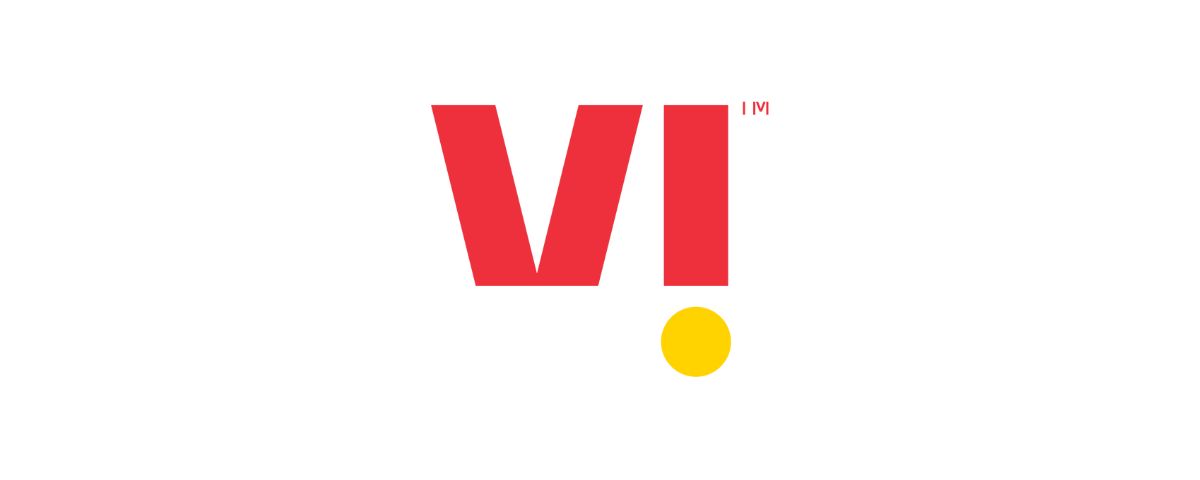
Vodafone Idea (Vi) is grappling with worsening financial challenges as its ₹25,000 crore debt-funding plan faces significant delays, casting doubt on its ability to achieve a turnaround. The setback follows the Supreme Court’s rejection of Vi’s curative petition to recalculate its adjusted gross revenue (AGR) dues, which has further strained the company’s financial outlook. Analysts anticipate that government intervention, including converting a portion of Vi’s dues into equity, may provide some relief.
Vi’s AGR dues currently stand at ₹70,320 crore, a liability it has been unable to address following the Supreme Court’s September dismissal of its petition. The company also faces mounting government liabilities of ₹29,000 crore due by March 2026 and ₹43,000 crore by March 2027, after the moratorium on its dues ends in September 2025.
Funding Delays and Ownership Stakes
Initially, Vodafone Idea aimed to secure debt funding by late November. However, with the AGR petition dismissed, the funding timeline has been pushed back. This delay intensifies concerns as Vi battles fierce competition from Reliance Jio and Bharti Airtel. Key stakeholders in the company include the government, with a 23.15% stake, the Aditya Birla Group (14.76%), and Vodafone Group (22.56%).
Capex Plans in Jeopardy
The debt funding is critical for Vi’s ₹50,000–₹55,000 crore capital expenditure plan over the next three years. This plan focuses on expanding 4G coverage and accelerating the rollout of 5G services in priority markets, essential for Vi to remain competitive. Without the necessary funds, the feasibility of this ambitious strategy is in question.
Banking and Government Relief
Vi’s CEO, Akshaya Moondra, has stated that banks are hesitant to proceed with lending until there is clarity from the government regarding relief on AGR dues and potential waivers for bank guarantees (BGs). The company has been lobbying for the removal of BG requirements for spectrum acquired before 2022, which would ease its burden of securing ₹24,746 crore in guarantees in the coming months. Vi has also expressed intent to explore further debt-to-equity conversions with the government to address any cash shortfalls.
As Vi continues to navigate its financial crisis, the role of the government and timely resolution of its funding issues will be critical to its survival and long-term competitiveness.



